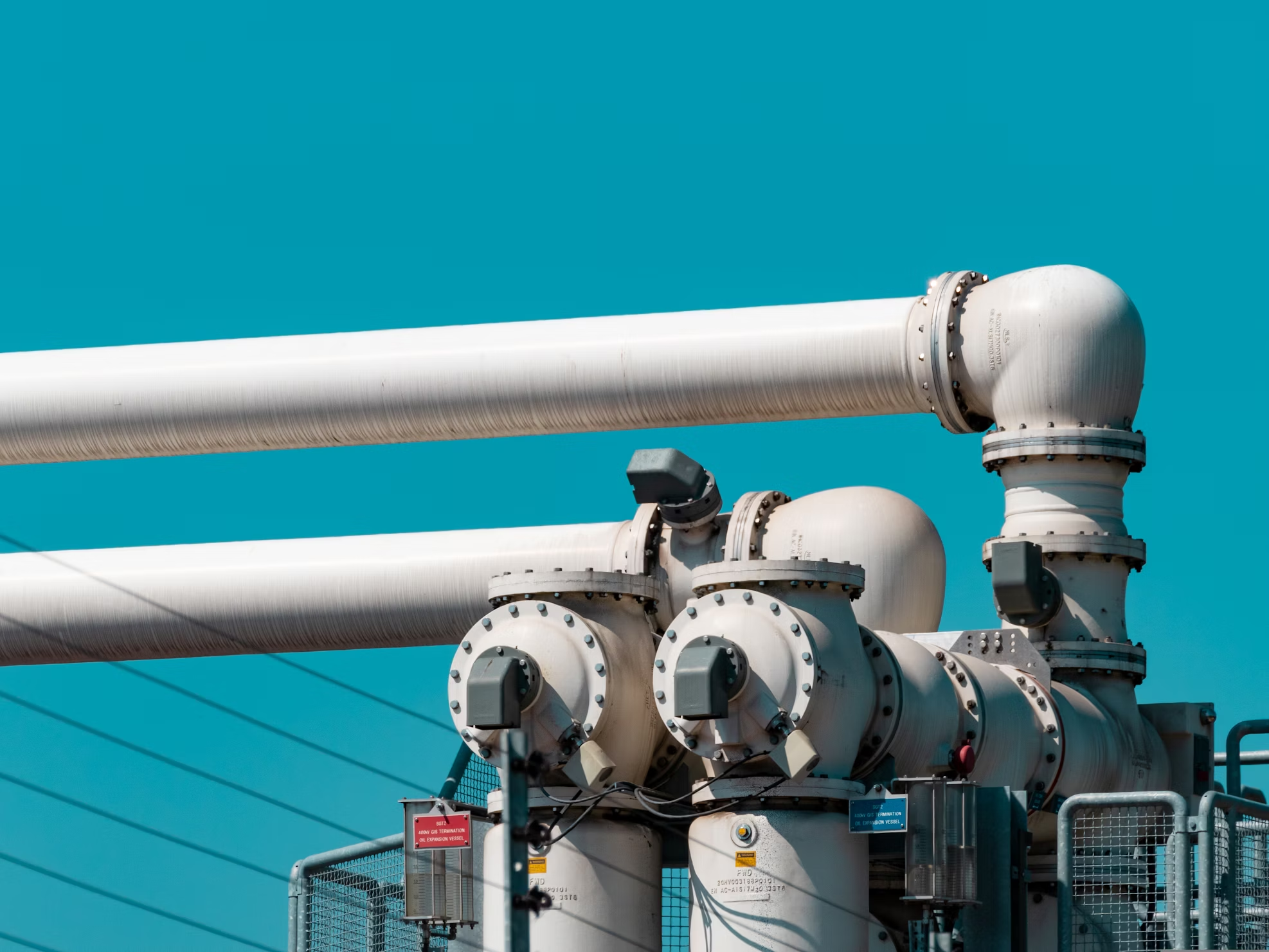Ensuring efficient and reliable operations is crucial in various industrial settings. Companies are increasingly turning to advanced pumping systems to enhance productivity, reduce costs, and maintain competitiveness. These systems drive numerous applications, from water management to chemical processing. Understanding the fundamental benefits of these technologies reveals how they are redefining industrial workflows.

What Are Advanced Pumping Systems?
Advanced pumping systems incorporate sophisticated designs and technology to transport liquids more effectively than traditional pumps. They utilize innovative materials, smart monitoring features, and energy-efficient designs. These enhancements lead to improved flow rates, reduced wear on components, and lowered energy consumption. The introduction of automation has also enabled manufacturers to monitor and adjust systems remotely, adding further efficiency and reliability. One significant advantage of advanced pumping systems is their adaptability. Industries vary widely in terms of the types of liquids they handle, and advanced systems can be customized to suit specific needs. For example, DAE Pumps, caters to different industrial sectors with tailored solutions that ensure optimal performance. Their commitment to production reliability reflects the high demand for versatile systems capable of meeting various operational requirements.
Benefits of Implementing Advanced Pumping Systems
Integrating advanced pumping systems into industrial operations provides numerous benefits. First, these systems generally have higher efficiency ratings than their predecessors, translating to significant energy savings. According to a recent study, upgrading to efficient pumping systems can reduce energy consumption by up to 30%, showcasing their value in terms of cost-effectiveness. Advanced pumping systems contribute to process reliability. They are designed to handle various challenging conditions, minimizing the risk of downtime due to equipment failure. Many modern pumps come equipped with diagnostic tools, allowing for proactive maintenance. This foresight is essential, as it decreases the likelihood of unexpected breakdowns that can disrupt operations.
Improved Environmental Impact
As environmental concerns continue to escalate, industries across the globe are facing increased pressure to reduce their ecological impact and adopt more sustainable practices. In response to this demand, advanced pumping systems have emerged as a key solution, enabling companies to operate more sustainably while also improving their bottom line. These state-of-the-art systems enhance energy efficiency, which in turn lowers operational costs and reduces the carbon footprint by minimizing greenhouse gas emissions. In addition, some of these innovative pumping technologies go beyond just energy efficiency by enabling the recycling of process fluids and significantly reducing waste production, which is crucial for industries aiming to limit their environmental impact. This proactive approach not only helps companies meet the growing need for sustainability but also supports compliance with increasingly stringent environmental regulations, all while maintaining a strong focus on profitability and operational efficiency. Efficient energy management is crucial for advanced pumping systems, and platforms like Utility Bidder can help industries explore cost-effective utility solutions to support their operations.
Automation and Control in Pumping Systems
The integration of automation in pumping systems presents significant advantages. Smart pumping systems can be monitored and controlled remotely, facilitating real-time adjustments and diagnostics. Industries harnessing automation benefit from improved data collection, allowing for better decision-making. With smart pumps, sensors can monitor flow rates, pressure levels, and temperature, providing critical insights into the system’s performance. This data helps industrial operators quickly identify potential issues, enhancing overall efficiency. Advanced systems that leverage Internet of Things (IoT) technology can even be managed from mobile devices, showcasing how far industrial operations have advanced.
Challenges in Adopting Advanced Pumping Systems
While advanced pumping systems can significantly improve operations, their adoption comes with challenges. One primary concern is the initial investment required to upgrade existing systems. For some companies, the costs can be prohibitive, particularly for small to medium enterprises. However, many industry experts argue that the long-term savings and efficiency gains often outweigh the upfront expenses. Another challenge lies in the need for employees to operate and maintain more sophisticated systems. With traditional pumps, operators might rely on basic skills. In contrast, advanced pumping systems often require specialized training and knowledge. Industries must invest in workforce development to equip employees with the skills needed to handle modern technologies successfully.
Trends in Pumping Technology
The pumping industry is constantly evolving, and several trends are shaping its future. One important trend is the focus on sustainability. As companies increasingly prioritize environmental responsibility, companies are developing pumps designed to minimize energy usage and resource waste. Additionally, the rise of digitalization in industry plays a crucial role. Data analytics and machine learning are making their way into the pumping sector, allowing operators to optimize performance through advanced quantitative analysis. As innovations continue to emerge, industries can expect advanced pumping systems to further enhance supply chain efficiency and responsiveness, reinforcing the need to stay informed about the latest developments.
Advanced pumping systems offer numerous advantages for industrial operations, including improved efficiency, reduced environmental impact, and enhanced reliability. While adopting these technologies involves initial investments and training, the long-term benefits significantly outweigh these challenges. As industries evolve, embracing advanced pumping techniques will be essential to maintaining a competitive edge.
